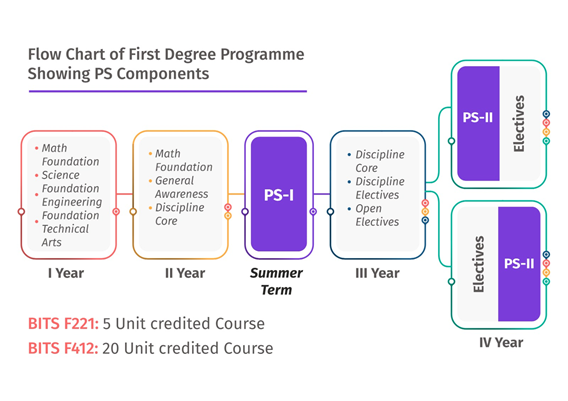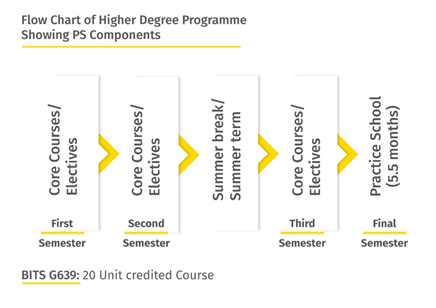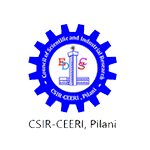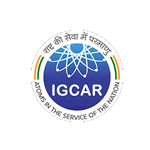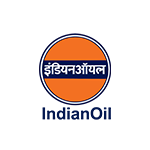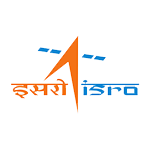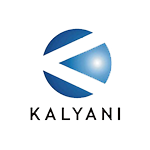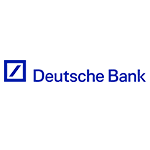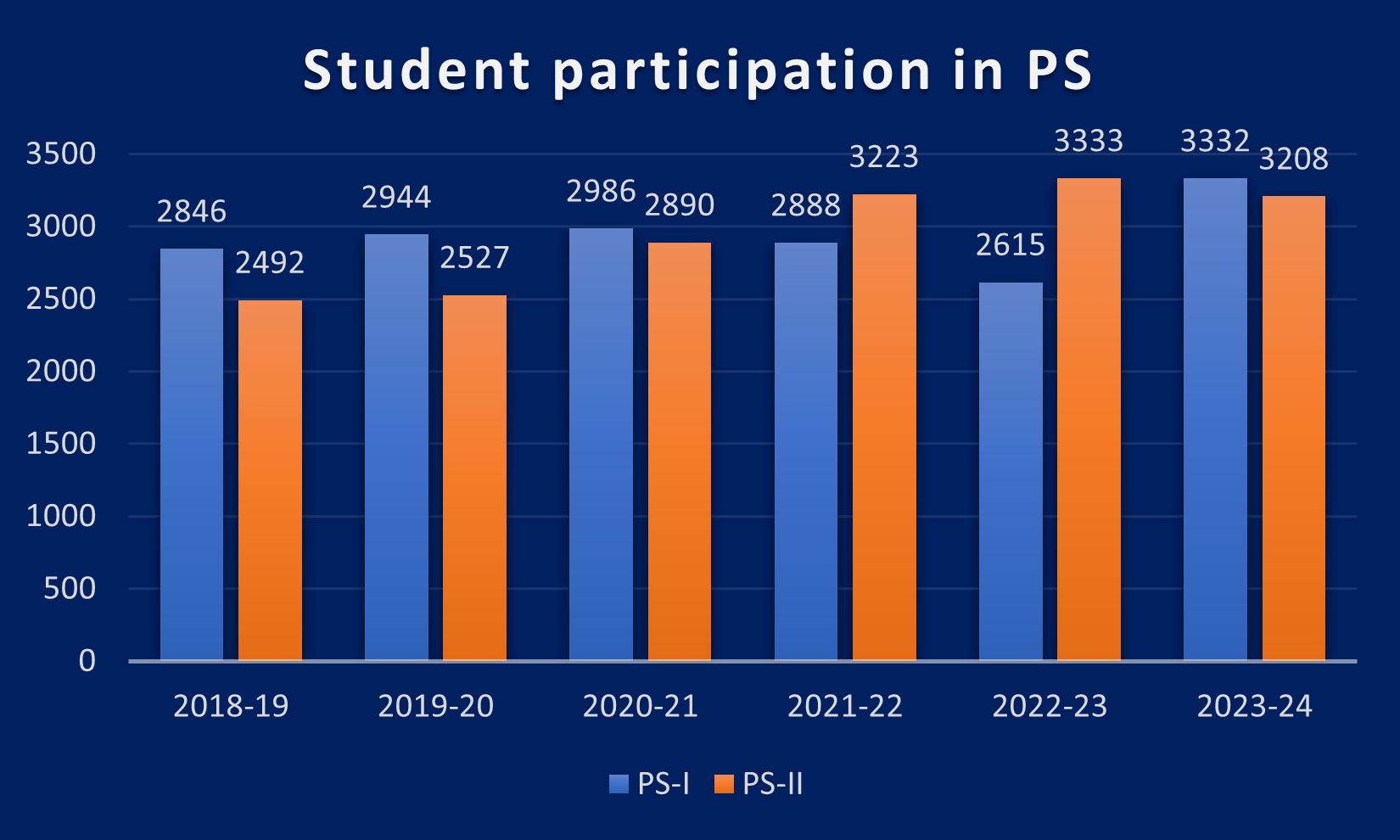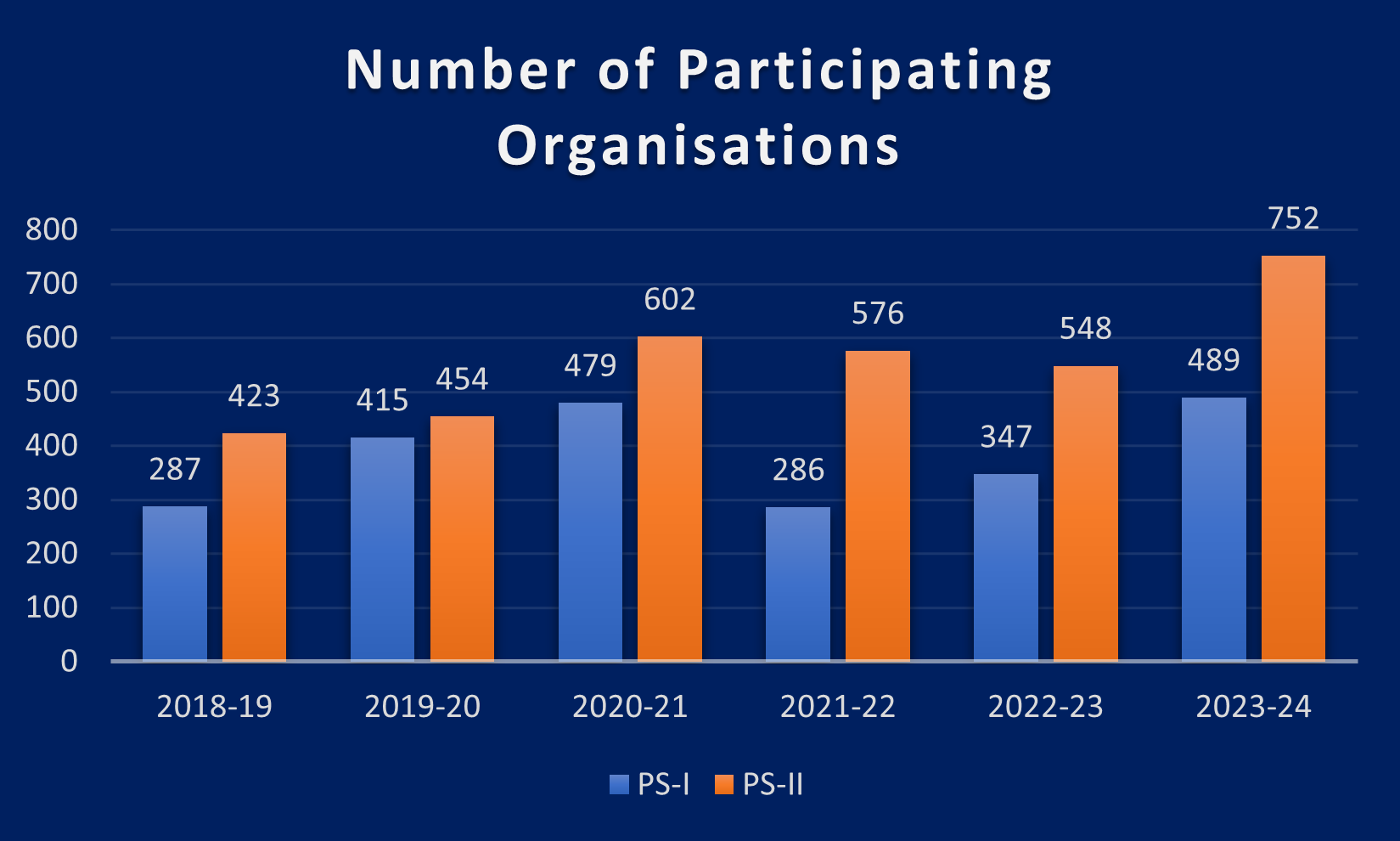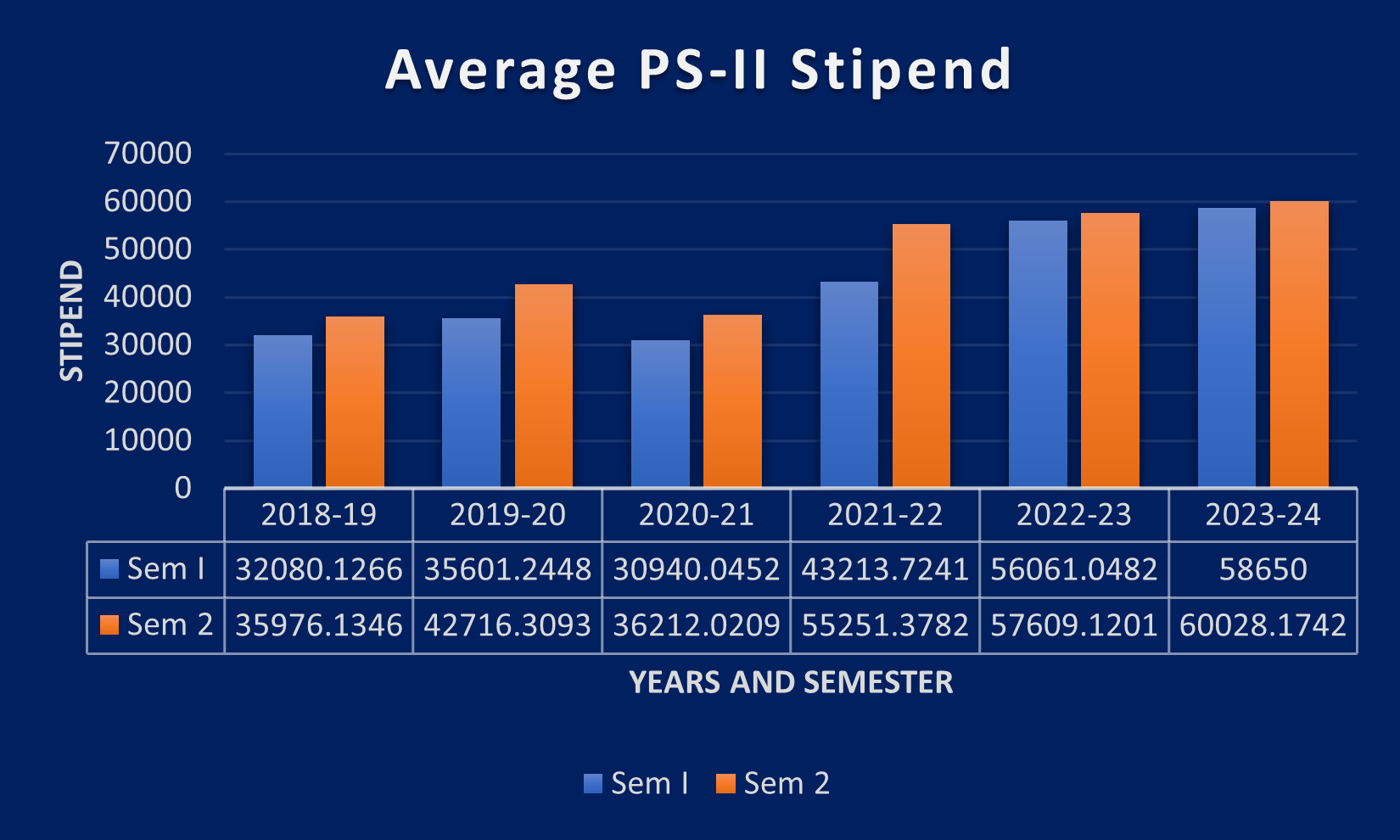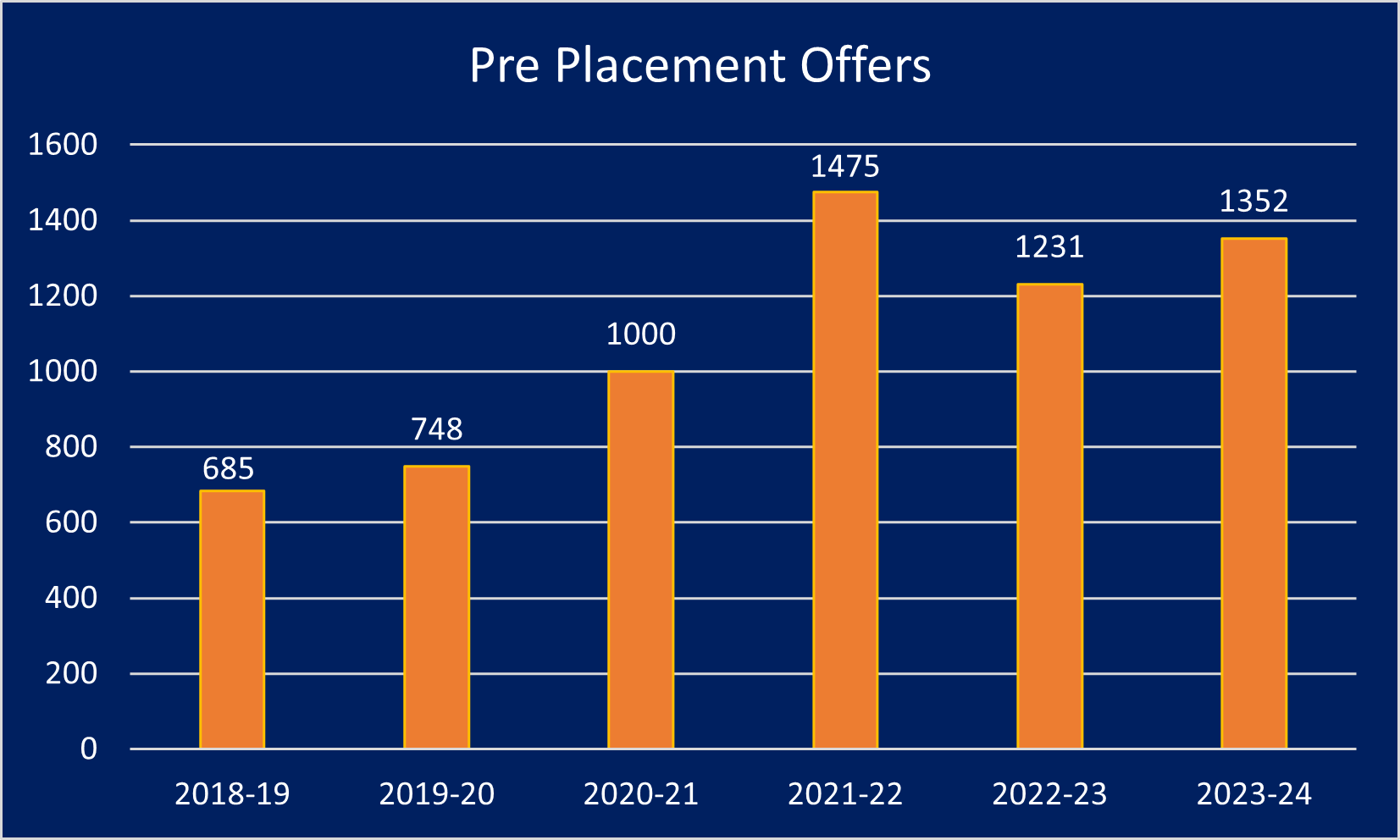Partner With Us: Experience the Practice School Advantage
Empowering Industry Through Internship-Based Collaboration
At BITS Pilani, we believe in learning through doing. Our flagship Practice School (PS) program bridges the gap between academia and industry by placing highly
motivated and skilled students within your organization, enabling real-world contributions to ongoing projects.
Why Partner with Practice School?
Unlock Innovation. Tap into Talent. Build the Future.
BITS Pilani invites leading organizations, research institutions, and startups to collaborate through its Practice School (PS) program — a dynamic and structured internship model that seamlessly integrates academic learning with industry experience.
What Makes BITS Pilani an Ideal Partner?
India’s Premier Institute
BITS Pilani is consistently ranked among the top technical universities in India with a legacy of excellence in science, engineering, and innovation.
Access to Top Talent
Engage with some of the brightest young minds in the country. Our students are well-trained, self-driven, and ready to contribute meaningfully from day one.
Industry-Ready Students
Through rigorous coursework and hands-on learning, our students bring strong analytical skills, technical proficiency, and a solution-oriented mindset to every
assignment.
Outcome-Oriented Internships
Unlike conventional internships, our Practice School program is carefully monitored, evaluated by BITS faculty. Students work on real projects with measurable impact.
Mutual Knowledge Exchange
Our partnerships foster a two-way flow of knowledge — while students gain exposure to industry challenges, organizations benefit from fresh perspectives,
research inputs, and cutting-edge ideas.
Faculty Collaboration & R& D Opportunities
Partnering with BITS Pilani opens doors to long-term collaborations, joint research, product development, and access to expert faculty in multiple
disciplines.
What You Gain:
- Fresh thinking and innovation
- Support on critical projects
- Direct access to future-ready talent
- Brand visibility within the BITS ecosystem
- Early hiring advantage
What You Can Expect
- Streamlined Process: Our campus teams assist with project identification, intern allocation, and performance reviews.
- Mentorship-Driven: Your organization assigns a mentor, and the student is also guided by a faculty member at BITS.
- Academic Credit-Linked: The internship contributes to the student's academic degree — resulting in high accountability and professionalism.
Outcomes for Organizations
- Access to top-tier undergraduate and postgraduate talent with strong analytical and problem-solving skills.
- Opportunity to test-drive potential hires in a real work environment.
- Students have contributed to automation tools, data analysis, product testing, marketing strategies, coding assignments, and much more.
Interested in Partnering?
Let’s build something impactful together.
Write to us at psd@pilani.bits-pilani.ac.in











